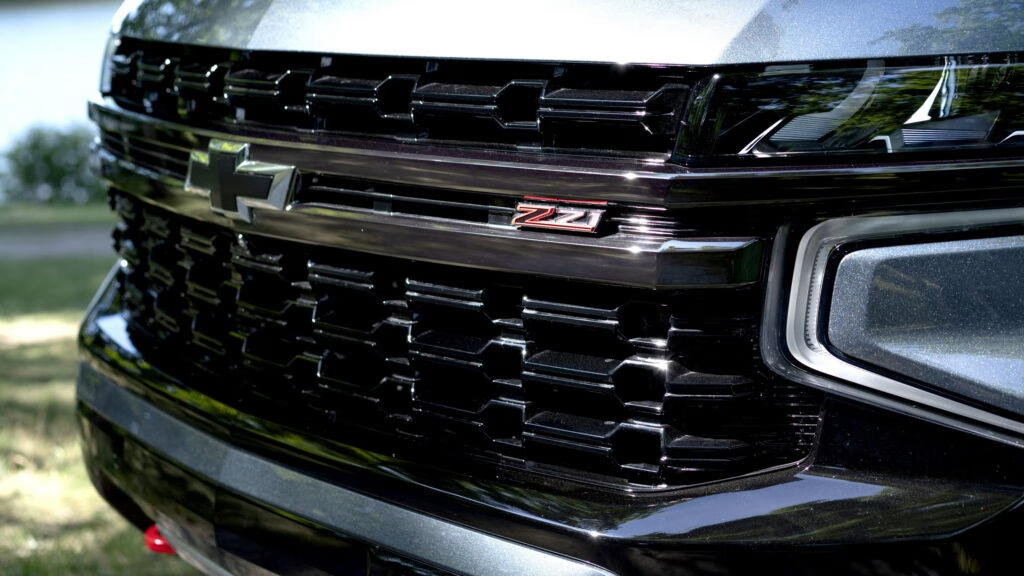Why Are GM Truck Owners Worried About Their V8 Engines?
If you drive a late-model Chevrolet Silverado, Suburban, Tahoe, GMC Sierra, Yukon, or even a Cadillac Escalade, there’s a good chance your truck or SUV is powered by GM’s L87 6.2-liter V8. For years, these engines have been a selling point—big power, classic American muscle, and a reputation for reliability. But lately, that reputation has taken a hit. A growing number of owners are reporting sudden, catastrophic engine failures. We’re not talking about a harmless check engine light. We’re talking about engines seizing up, pistons punching holes in the block, and vehicles left stranded without warning.
What’s behind the panic? Recent lawsuits allege that GM’s L87 V8s have a design flaw—specifically, rod bearings that are prone to premature failure. When these bearings go, the engine can lock up or, in some cases, self-destruct in dramatic fashion. It’s not just a handful of isolated incidents, either. According to court filings, nearly 600,000 vehicles are affected by a recall tied to this exact issue.
Is GM’s Recall Fix Enough to Protect Your Engine?
GM’s official response has been a recall, but the remedy has left many owners scratching their heads. Here’s how it works: If your engine fails a dealer inspection, it gets replaced. If it passes, you get a thicker oil, a new filter, and a new oil cap. That’s it. No new engine, no deep internal repairs—just a swap to heavier oil and a pat on the back.
Owners and plaintiffs in the latest lawsuits argue this isn’t enough. Their concern? Even if your engine passes the initial inspection, the underlying flaw hasn’t been fixed. The rod bearings are still there, still vulnerable, and could still fail down the road—possibly after your warranty has expired. To make matters worse, if your engine does get replaced, it’s swapped with another L87, which, according to the lawsuits, has the same design flaw. It’s a bit like replacing a leaky bucket with… another leaky bucket.
How Do These Lawsuits Compare to Past GM Engine Problems?
If this all sounds familiar, it’s because GM has faced similar legal trouble before. Just this year, the company settled a $150 million lawsuit over its LC9 5.3-liter V8, which allegedly suffered from defective piston rings and excessive oil consumption. In that case, the payout was massive—lawyers took home $57 million, while the three main plaintiffs received $30,000 each. Not exactly a windfall for the average owner, but it shows just how high the stakes are when engine reliability is in question.
The current wave of lawsuits over the L87 V8 is shaping up to be just as significant. In addition to the Wisconsin case, there’s another class action in Michigan that alleges not just rod bearing issues, but also problems with crankshaft dimensions and surface finish. Both cases seek damages for diminished vehicle value and loss of use—real headaches for anyone who depends on their truck for work or family life.
What’s the Real-World Impact for Owners?
For many drivers, the fear isn’t just about engine failure—it’s about trust. Trucks and SUVs are major investments, often used for towing, hauling, or transporting loved ones. When a vehicle’s heart is at risk of sudden failure, it’s more than an inconvenience. It’s a safety issue and a financial one.
Anecdotes from owners paint a frustrating picture. Some report engines failing with as little as 20,000 miles on the clock. Others say their trucks passed the recall inspection, only to suffer a breakdown months later. The uncertainty is what stings most. Will your engine make it to 100,000 miles, or will it give up the ghost next week? No one wants to play that kind of roulette with a $70,000 SUV.
What Should You Do If You Own an Affected GM Vehicle?
If you drive a GM truck or SUV with the L87 V8, don’t panic—but don’t ignore the issue, either. Here’s what experts recommend:
1. Check your VIN for recalls. You can do this on the official NHTSA website or through GM’s own recall lookup.
2. If your vehicle is recalled, schedule the inspection as soon as possible. Even if you’re skeptical of the fix, it’s better to have documentation in case of future problems.
3. Keep meticulous records of all service visits, oil changes, and any engine-related symptoms. This paper trail could be crucial if you need to make a warranty claim or join a class action.
4. Listen for unusual noises—knocking, ticking, or rumbling from the engine bay. These could be early signs of bearing failure.
5. If you experience a sudden loss of power, oil pressure warnings, or engine lights, don’t wait. Get the vehicle to a dealer or trusted mechanic immediately.
Are There Any Signs GM Will Offer a Better Solution?
So far, GM has stood by its recall remedy, but the pressure is mounting. With multiple lawsuits in play and a growing chorus of frustrated owners, the company may eventually be forced to offer a more robust fix. In the meantime, some industry analysts suggest that GM could face further financial penalties or even a broader recall if the problem continues to grow.
It’s worth noting that engine failures aren’t unique to GM—other automakers have faced similar issues in recent years. But the scale of this problem, and the number of vehicles involved, make it a standout case in the auto industry right now.
The Big Takeaway for GM Owners
If you own a GM truck or SUV with the L87 V8, vigilance is your best friend. Stay on top of recalls, document everything, and don’t be afraid to push for answers if you notice anything off. The big takeaway? Protecting your investment isn’t about expecting perfection—it’s about making smarter choices and staying informed. Start with one proactive step this week, and you’ll likely spot the difference by month’s end.

